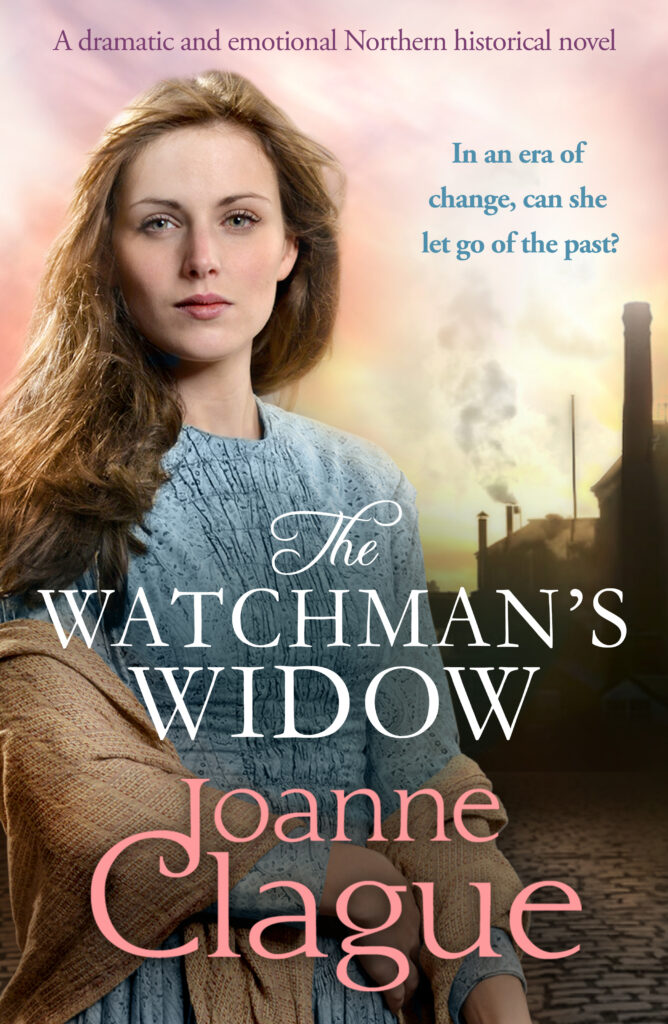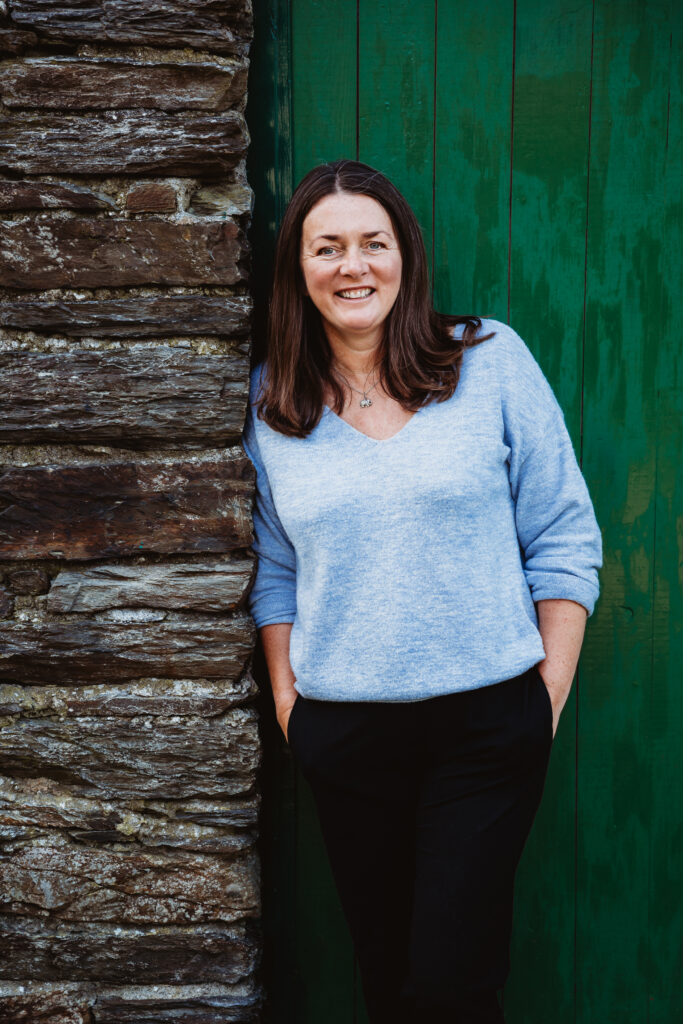

- Do you hear from your readers much? What kinds of things do they say?
I love hearing from readers. It’s wonderful when they say they’re waiting for the next in the series. One of the best experiences was when a reader wrote to me, via the local newspaper, after my debut was published last June. She was in a nursing home not too far from where I live. I went to visit her, and we had such a lovely chat. We exchanged a couple of letters – the old-fashioned kind, pen on paper. - Does writing energize or exhaust you? Or both?
Writing energises me, without a doubt. I enjoy the solitary nature of it and I’m lucky to have a little office I can retreat to, with all my maps and notes covering the walls. It’s getting my bum on the seat in the first place that’s the challenge! I’m a terrible procrastinator.
- Have you ever killed off a character your readers loved?
Not yet. One of the main characters in my debut novel The Ragged Valley has a dog as his loyal companion. Some readers were more concerned for Shandy’s safety than any of the people that were in peril. Shandy is a character in her own right (I’m not going to give away what happens to her). - How do you celebrate when you finish your book?
I pour a whisky and type ‘The End’, knowing that it isn’t really. There’s the editing and proofing process to come. On publication day, I go for lunch with my husband, just the two of us. There’s lots of activity before and after publication but the actual day is a quiet port in the storm. I love that we’ve established this little tradition. - How do you come up with character names for your stories?
My novels are set 150 years in the past, so the names I use are fairly traditional. I find them in books from the mid-Victorian period, or I search for popular names of the time, and hopefully find the right fit for my characters. The main character in The Watchman’s Widow was named Mary in an early draft, but somehow this wasn’t ‘her’ name so I changed it. The character appears first, then the name. - How many books have you written? Which is your favorite?
I’ve written a saga series for Canelo, in ebook and paperback, with large print and audio CD versions by Ulverscroft. The third book, The Watchman’s Widow, comes out at the end of June 2023. Each novel becomes my favourite the moment I finish proofing it – it’s an exciting moment for me. Having said that I think my debut will always be extra special to me. I loved bringing my cast of characters to life. And there’s nothing like placing your first novel among all your favourites on the bookshelf. - How much research did you need to do for your book?
I do a lot of research to try to be as true to the period as possible, then use the bare minimum, always bearing in mind the advice that I’m not writing a history guidebook, but I do need to give the reader a feel for the place. I read from the period – novels and newspapers – and get to know the area geographically. I grew up in Sheffield, where my saga trilogy is set, so I have that knowledge of how people speak, how they present themselves. I’ve got a rough idea of what the novel’s about and where it’s going before I begin the research but I don’t write anything until I’ve got most of the information I need at my fingertips. - What do you think makes a good story?
This will sound obvious, but you have to make the reader care for the characters. I think the memorable stories are those featuring characters that stay with us long after we’ve finished reading. We believe in them, we’re invested. The plot serves the characters, not the other way round. The reader will spot a paper-thin character a mile off, and won’t find the novel satisfying, however thickly plotted or full of twists the story is.
- What inspired the idea for your book?
I was doing research on something unconnected when I came across some information about the Great Sheffield Flood of 1864, a catastrophe that claimed some 250 lives, and I’d never heard of it. I couldn’t stop thinking about the tragedy and the hard lives of the working people who lived in Sheffield at this time, and it formed the basis for what was to become my debut novel The Ragged Valley. - What is the best money you’ve ever spent with regard to your writing?
Without a doubt, it’s the investment I made on learning the craft. Like journalism, I treated writing a novel as a trade for which I’d need to be equipped with some basic tools, and enrolled on a Curtis Brown Creative course. It was invaluable – and it’s where I met my crew of lifelong writer friends.